Midnight Orchestra - Interview
by Daniel Cressey
published: 7 / 1 / 2007
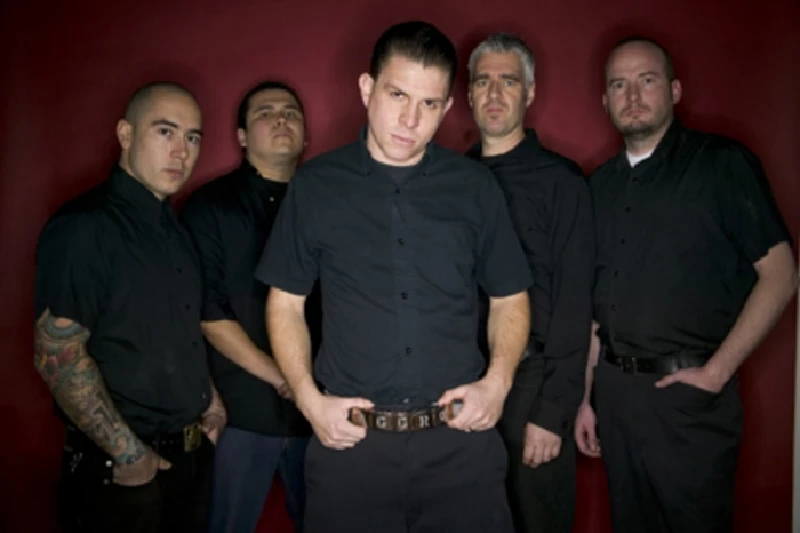
intro
Californian reggae act the Aggrolites have recently finished playing a stadium tour of Britain playing support to Madness. Daniel Cressey chats to the group at a headline date at the London Underworld about the uniqueness of being a reggae band in America
Just months ago the Aggrolites were making ends meet and playing tiny – if well received – gigs. But a quick support slot with Madness later and quicker than you can say "Our house, In the middle of our street" things are looking a lot rosier. Before they go on stage to play a storming set of old-school reggae at the London Underworld they had a quick word with Pennyblackmusic. And told us the reaction gets better each time they come back to these shores. For front-man Jesse Wagner this has been something of a shock. "We’re very surprised by the recognition we got, " he says. "Back home I do stagehand work. About two months ago I was helping hang the tress bars for a Queen concert. I’m thinking, 'Man, what I would give to play for an audience like this one day.' Two months later we get the opportunity to do it." Despite being personally invited by Madness to tour the UK’s arenas, the Aggrolites particular brand of "specifically late 60s early 70s reggae", as rhythm guitarist Brian Dixon puts it, is a world away from Suggs and co’s pop. There is though a vague connection, as Dixon acknowledges: "I remember listening to Madness and the Specials when I was a kid and I started looking at some of the bands that they were influenced by. Madness do all these songs about Prince Buster. So you go and find some Prince Buster records and go 'Wow what’s this?'" Around the turn of the millennium the various members of the Aggrolites came together to play as a backing band for Derrick Morgan. He liked them so much he asked them to write him an album. The album never came out, but they had such a good time they decided to keep going. While the band have wide musical tastes, it is clear the reggae of that early period is their passion. Keyboard man Roger Rivas – whose inspired playing provides the backbone for the band’s music – says, "It has a distinct sound and it’s really an acquired taste. It’s a blessing to just have everyone together and to say 'we love this music, let’s just play it'. We all want a band like this. For each one of us this is our dream band." And then he grins. Although happy now, it was a bit lonely growing up as a reggae-head in California, as Dixon admits, "It was never like the UK, where there are so many Jamaicans living and the skinhead thing and two-tone punk and Madness getting so huge. When I was a kid back in California I was into ska and I was by myself." "Nobody that had ever even heard of it. They’d say 'there’s no such thing as ska. What are you talking about?' Then I moved to Los Angeles and I have friends who were into ska and I’d meet them and be like 'you mean you like that music?' Because nobody else I know did." In the UK reggae has in someway integrated itself into the musical consciousness, not least through its links to punk. But in the US it has always occupied a rather smaller niche. "In Europe everybody knows reggae. In the US it’s never been played on the radio," says Dixon. "Punk in the US is punk. People don’t understand that reggae connection. It’s like, 'Reggae? What that – that’s Bob Marley. What’s that to do with anything?'” Underneath an easygoing appearance, and a band clearly happy with where they are musically, there is steel to go with the smiles. Rivas says, "A lot of people just don’t give that much effort. They ska, they punk ... . Or reggae – they wear dreadlocks and smoke weed, but it goes deeper than that. And the music is deeper." While they can turn out feel good party numbers like the made-up booty-shake call 'Pop The Trunk' there is a complexity to many of the Aggrolites songs. The band have a real understanding of the sound, and how to take it that little bit further. "Reggae is so different it’s nothing like the western culture of music," says Dixon. "For one thing the band they’re all basically playing like African Drum circles. If you hear any of these drum circles it’s a bunch of guys in a circle playing a simple rhythm." "Reggae it’s pretty much the same thing – all the musicians are playing the drum beat – it’s not melody based. It’s not a songwriter base – the whole band is doing this rhythm. Most people don’t get that." "Most hardcore and most punk bands don’t come close to what we’re trying to bring live – but it’s still reggae. We’re putting the entertainment back. Putting a lot more thought into how we play and what the band does. It’s something different – you’re not just doing emo, or screamo or whatever like a zillion other bands." Despite the only real mentions reggae getting in the mainstream press being a review of Sean Paul’s latest dirge or someone being attacked for promoting homophobia, the band are keeping the faith. "It’s never going to disappear," says Rivas. "There’s always going to be some form of it." "As for reggae being commercial and getting in the headlines it’s always done that. Hopefully there will be a day we can give this style of reggae some light because so far it hasn’t had that, outside some of the hits like Isralites." Wagner found even Jamaica a slight disappointment when he visited, "Out there they really didn’t listen to much reggae. They just consider it oldies out there. The era of reggae we do they didn’t even know what it was. Right now it’s hip-hop." But while reggae might have lost its supremacy in the country it came from, where you’re from doesn’t make much difference to the band. "You can get three guys living in Antarctica, and if they feel that passion about that music they can do it," says Rivas. "It doesn’t matter the place in the world or what they grew up in. People are going to find what they like." With a new album pencilled in for May the band are just enjoying their luck at the moment. For a bunch of guys from California to find each other and get together to make reggae this authentic, with this much feeling is, just, well, pretty cool. As I move to wrap up the interview Rivas smiles a little smile and jokingly ponders a move away from the early 60s sound. "The thing with skinhead is obviously the term ‘skin head’ – no hair,’" he muses. "We’re going to try and reverse that and grow long hair. We’ll see how that goes – long haired reggae, Fabio reggae." And, as they have often throughout the interview, the band are grinning again.
Picture Gallery:-
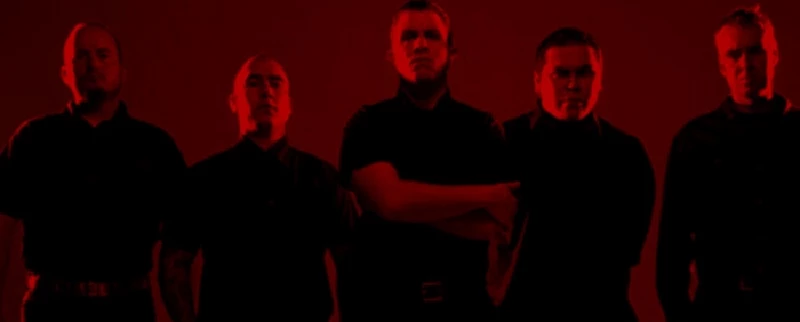
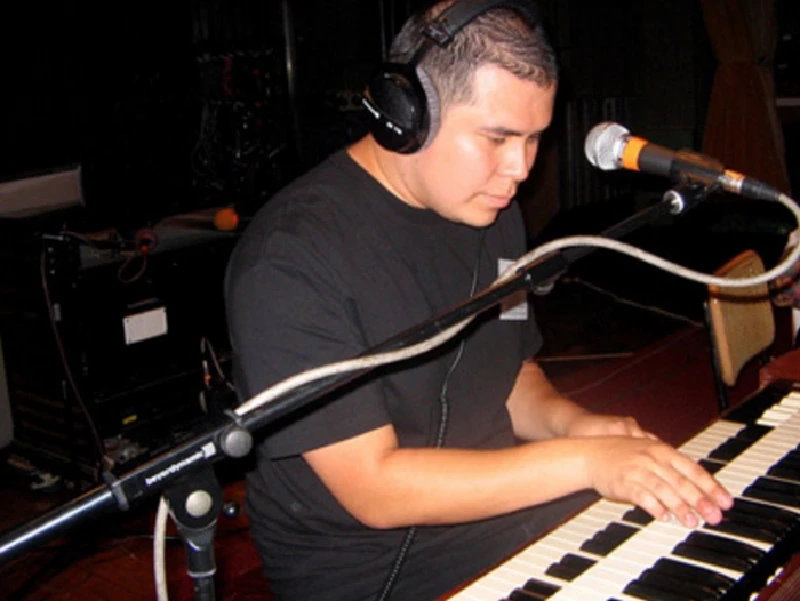
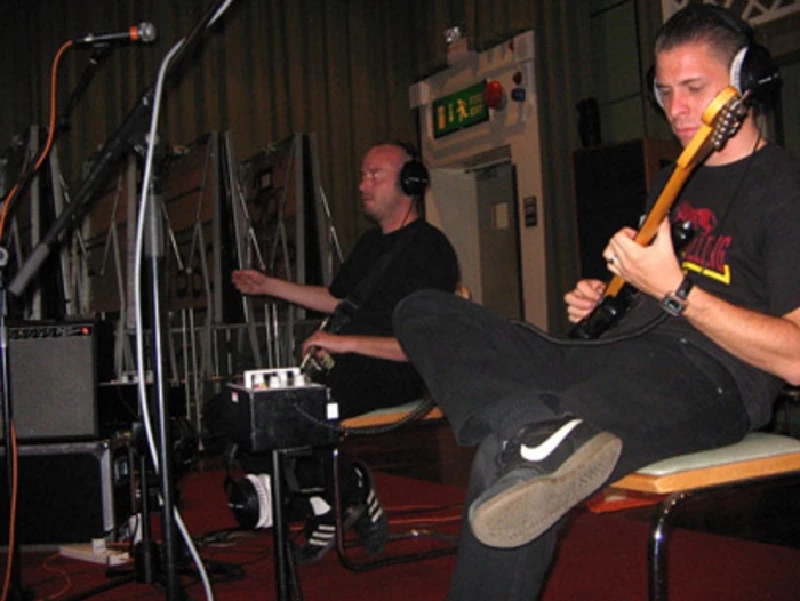
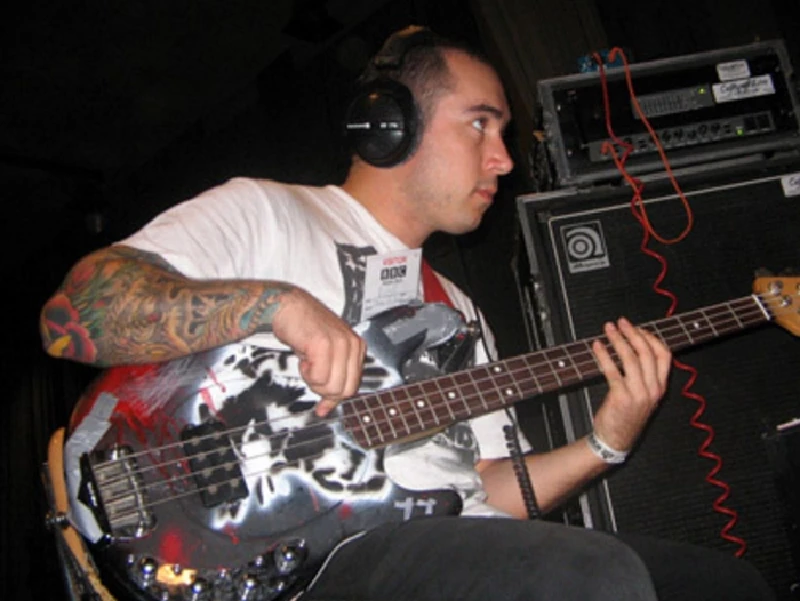
Visitor Comments:- |
| 494 Posted By: max, USA on 03 Nov 2011 |
|
love hearing from my favorite artists, these guys hold it down!
|
reviews |
|
A Clearing (2006) |
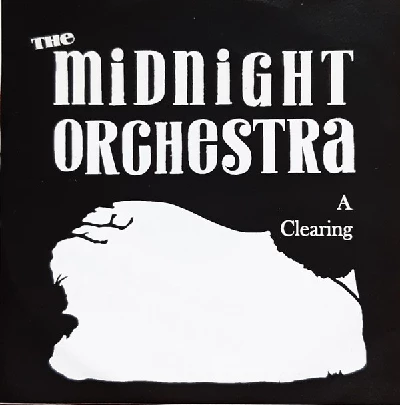
|
| Unpretentious lo-fi triphop on first album from Befordshire-baed two piece the Midnight Orchestra |
most viewed articles
current edition
Carl Ewens - David Bowie 1964 to 1982 On Track: Every Album, Every SongArmory Show - Interview with Richard Jobson
Bathers - Photoscapes 1
Colin Blunstone - Thalia Hall, Chicago, 16/7/2025
Visor Fest - Valencia, Spain, 26/9/2025...27/9/2025
Billie Eilish - O2 Arena, London, 10/7/2025
John McKay - Interview
Robert Forster - Interview
Loft - Interview
the black watch - Interview
previous editions
Heavenly - P.U.N.K. Girl EPManic Street Preachers - (Gig of a Lifetime) Millennium Stadium, Cardiff, December 1999
Oasis - Oasis, Earl's Court, London, 1995
Paul Clerehugh - Interview
Trudie Myerscough-Harris - Interview
Beautiful South - Ten Songs That Made Me Love...
Pixies - Ten Songs That Made Me Love...
Doris Brendel - Interview
Prolapse - Interview
Simon Heavisides - Destiny Stopped Screaming: The Life and Times of Adrian Borland
most viewed reviews
current edition
Amy Macdonald - Is This What You've Been Waiting For?Sick Man of Europe - The Sick Man of Europe
Phew, Erika Kobayashi,, Dieter Moebius - Radium Girls
Alice Cooper - The Revenge of Alice Cooper
Davey Woodward - Mumbo in the Jumbo
Lucy Spraggan - Other Sides of the Moon
Blueboy - 2
Cynthia Erivo - I Forgive You
Vinny Peculiar - Things Too Long Left Unsaid
Philip Jeays - Victoria
Pennyblackmusic Regular Contributors
Adrian Janes
Amanda J. Window
Andrew Twambley
Anthony Dhanendran
Benjamin Howarth
Cila Warncke
Daniel Cressey
Darren Aston
Dastardly
Dave Goodwin
Denzil Watson
Dominic B. Simpson
Eoghan Lyng
Fiona Hutchings
Harry Sherriff
Helen Tipping
Jamie Rowland
John Clarkson
Julie Cruickshank
Kimberly Bright
Lisa Torem
Maarten Schiethart